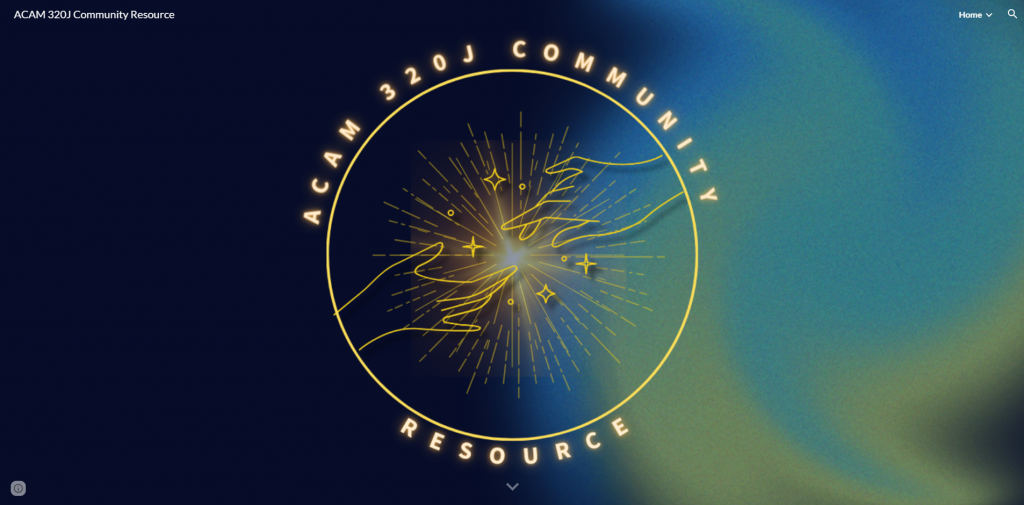
This resource was co-created by a group of students in “ACAM 320J Asian Canadian Community Organizing (Community Engaged Research)”, a course offered by the Asian Canadian & Asian Migration (ACAM) Studies program at the University of British Columbia.
The students in this course are Asian migrants and/or their descendants, and most of us ended up here partly, if not entirely, due to the impacts of colonialism. Asian identity is not monolithic; we come from diverse backgrounds and have different interlocking identities that shape our experiences.
Some of us came here as first or 1.5-generation migrants, while some of us were born here with parents or grandparents who migrated. Some of us are queer, some of us are trans, some of us are disabled. We come from different social classes, and we all bring with us rich, vibrant, and unique cultures. We also recognize our privileges as students and scholars. Being in academia at prestigious institutions like UBC is a privilege not afforded to many.
Our positionality within this institution and the need to follow institutional rules influence how we are able to see things despite our best intentions. We are committed to both learning and unlearning as we carry out community engaged projects, challenging our own biases and learning from and alongside the community.
Alongside having intersectional identities, the writers of this resource are students from diverse academic backgrounds and degree levels, united by our common interest in Asian Canadian studies. As an interdisciplinary course, students brought varied understandings of course material, distinct skill sets, and unique experiences with Asian Canadian studies.
Through studying Community Engaged Research methodology, questions arose: How can we support diverse communities with complex experiences of migration? How can we involve Asian research participants in dignified and consensual ways? Why is it so challenging to do research with Asian Canadians, especially within our own communities?
These discussions explored the key considerations involved in researching with and for Asian Canadian communities. This led the class to compile a list of topics that speak to this ongoing conversation. Weeks of deliberation, learning, and effort have culminated in the resource before you. We invite you to join us in our learning journey and explore the resource in a way that resonates with you.
